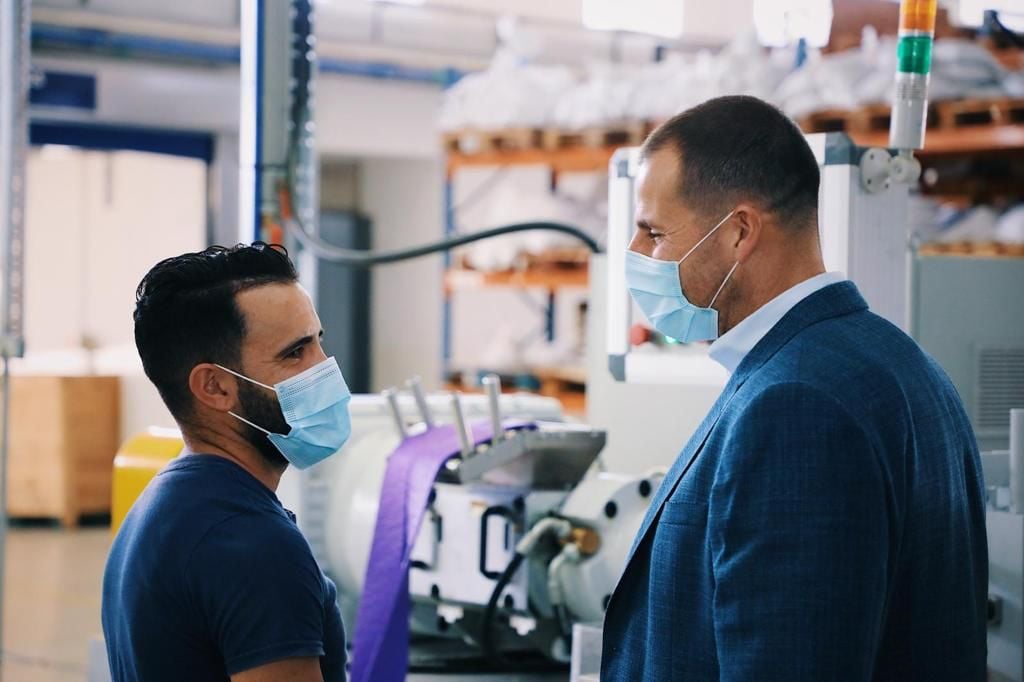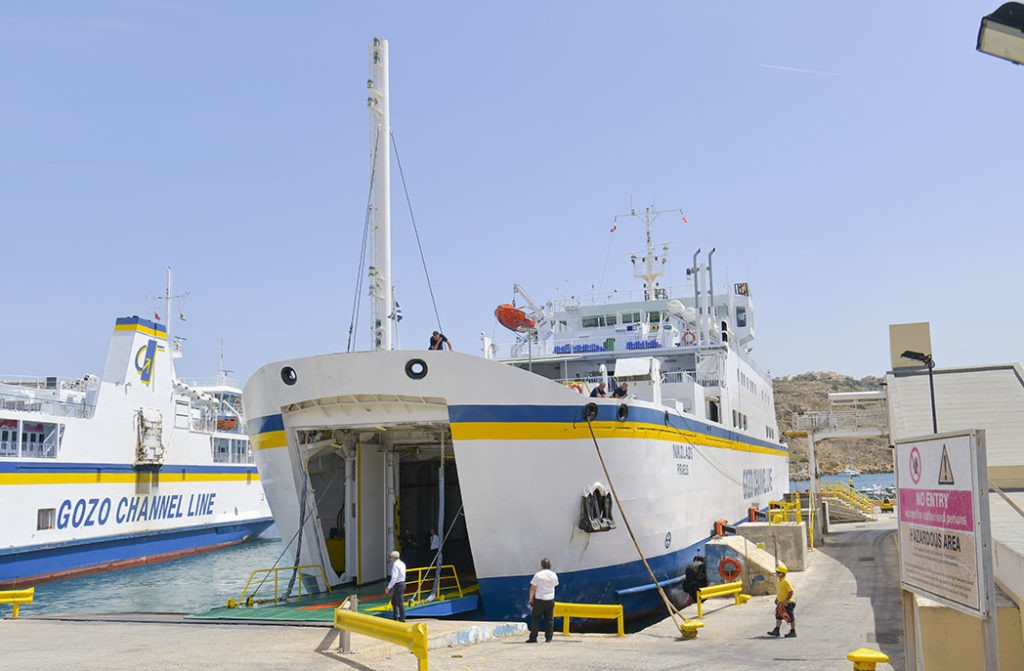On Thursday morning, Prime Minister Robert Abela celebrated figures released by Malta’s National Statistics Office, showing how the country has registered the lowest unemployment rate in its history.
Indeed, for July 2021, the number of persons registering for work stood at 1,542, decreasing by 2,439 when compared to the corresponding month in 2020.
On the matter, Prime Minister Abela said:
“Facing a challenge of 50,000 people without work due to the pandemic, we came together with our social partners, businesses and workers, and we took the required measures so much so that today we are speaking about the challenges of needing more workers.
“There are other challenges which we have the will and the credibility to address,” he wrote.
While the achievement of historically low unemployment would ordinarily be a feather in any governing politician’s cap, the reality many businesses are facing, with subdued activity and not enough staff to man operations, has been a major cause for concern.
Indeed, story after story continues to emerge in the media showing how hospitality businesses have had to reduce their opening times because they simply do not have enough people.
Beyond hospitality, it is being reported that several sectors are facing shortages, with the issue slightly more pronounced for un-skilled work.
In a position paper published by the Malta Employers Association earlier this month, it noted that labour shortages are being felt across almost all sectors of Malta’s economy, which “reflects demographic changes which are prevalent in many developed economies together with a mismanagement of domestic human resource due to various factors, amongst them the high rate of early school leavers, over employment in the public sector and a mismatch of skills”.
The MEA also noted how the pandemic further exacerbated the situation where many foreign nationals returned to their home countries.
It made several short-, medium- and long-term proposals, such as doing away with the Community Work Scheme, reviewing Identity Malta’s processes to facilitate the legal engagement of Third Country Nationals (TCNs) and placing a moratorium on public sector recruitment six months before an election.
Its Budget proposals for 2022 noted that reports have already come in about the number of private sector workers currently being recruited to the private sector. It is also widely believed that an election will take place before the end of the year.
On Wednesday (yesterday), The Malta Chamber came out with its own proposals, the most striking of which is to increase compulsory education by two years, to 18, to address the alarmingly high number of early school leavers.
The Chamber noted how human capital, both in terms of volume and skills available in Malta’s workforce, is the main stumbling blocks the local business community faces.
Therefore, it is jarring to read the Prime Minister’s jubilance at having historically low unemployment when considering the immense challenges businesses face. Beyond COVID, Brexit, the impact of greylisting, and, more recently, a series of power cuts remain a cause for concern and a stumbling block to recruitment.
Passenger traffic between Malta and Gozo grew by nearly 8% in Q2 2025
Vehicle crossings and fast ferry usage also surged
New Malta-backed incubator to fuel Europe’s semiconductor startups
The ChipStart EU program provides a one-year, no-cost incubation opportunity for semiconductor startups in the European Economic Area
Government renews scholarship scheme for tech postgrads
In 2024 the Pathfinder Digital Scholarship issued €125,000 in funding, supporting 13 Master’s and 3 PhD students






